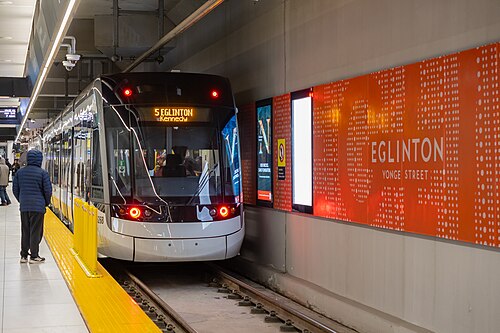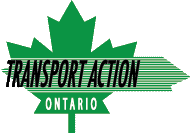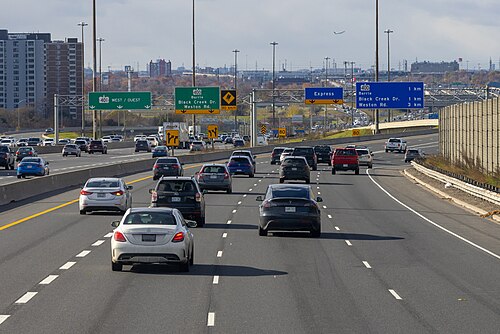
Lessons Learned from Eglinton Crosstown LRT Project
By Transport Action Ontario | Latest News , Uncategorized , Urban Transit
The Toronto Eglinton Crosstown LRT (Line 5) started up on February 8, 2026 and has received mostly good reviews from the public. However, as readers know, the $13 billion Design-Build-Finance-Maintain project was beset by many problems – $ 1 billion over budget, 6-years late, litigation, pandemic and community disruption.
There have been calls for a public inquiry, but Premier Ford has rejected this idea. There are also calls for an investigation by the Auditor General. A thorough review of the project could reveal opportunities for improvements in future Infrastructure Ontario projects to deliver on-time and on-budget.
At the Metrolinx board meeting of February 12, Metrolinx CEO Michael Lindsay spoke at length about lessons learned. His remarks were not covered by the media, but are informative and summarized below:
- Private sector partner (Crosslink Transit Solutions) underestimated the risk at the time of bid. Their bid was based on a 30% design. Metrolinx has now changed its contracting strategy and is using mostly progressive contracts, where the private partner and Metrolinx work cooperatively on the design to develop a final price.
- Too much litigation. As the project ran into trouble, the contracting partners turned to claims and litigation, rather than focusing on project completion. More compromising is needed.
- Slow approvals. As there are always surprises in underground work, processes need to be in place for quick approvals of alternate plans. For Line 5, the big surprise was discovering cavities dating back to the 1950s in the concrete station box under Eglinton subway station.
- Need early focus on system integration. There were interface issues between the civil infrastructure, the vehicles and the systems. Need to focus early on final testing and commissioning.
- Avoid commercial disputes within the private partner. There were issues between the partners forming Crosslink and should have been avoided.
- Need better public communications. This includes cost ranges and schedule delays.
Mr. Lindsay said that Metrolinx has taken these learnings to heart and has implemented changes on its current projects, like the 4 subway projects current underway. We certainly hope that is the case, and that the changes prove effective. Metrolinx must also ensure that lessons learned are retained within the organisation and not lost due to institutional amnesia.












You must be logged in to post a comment.